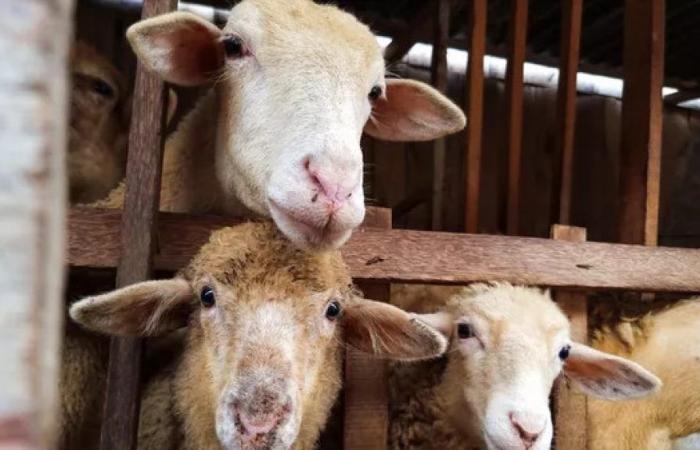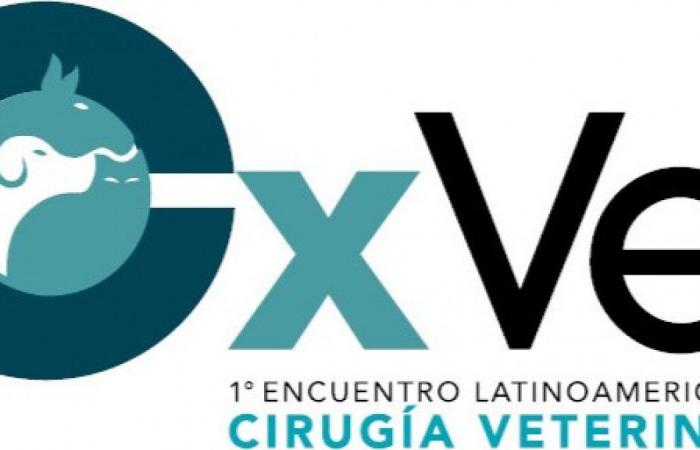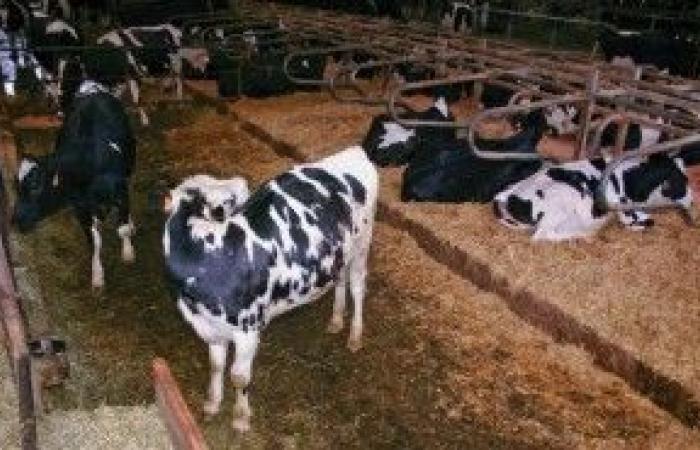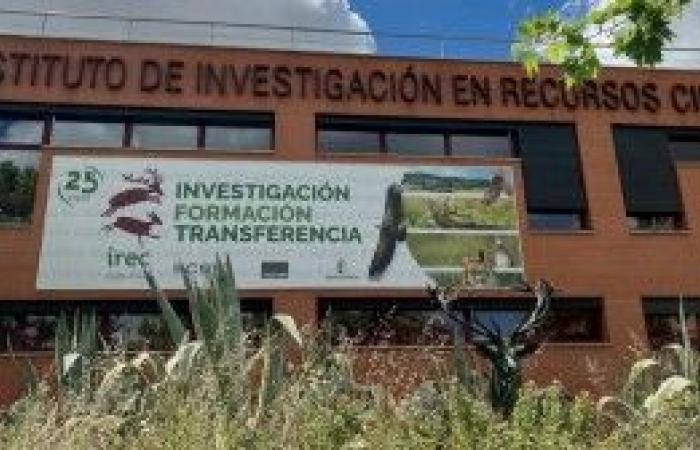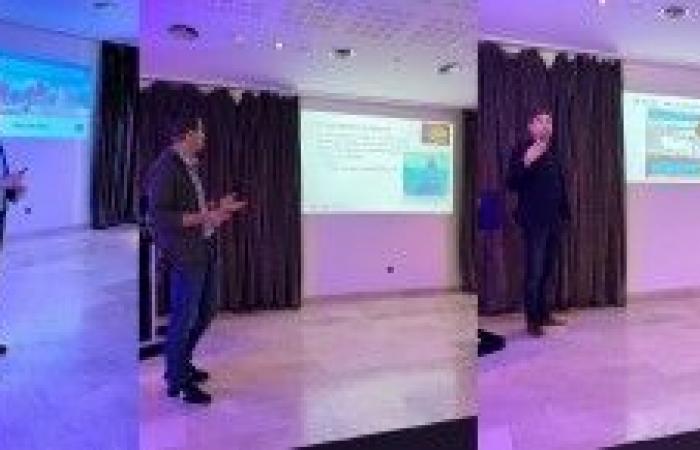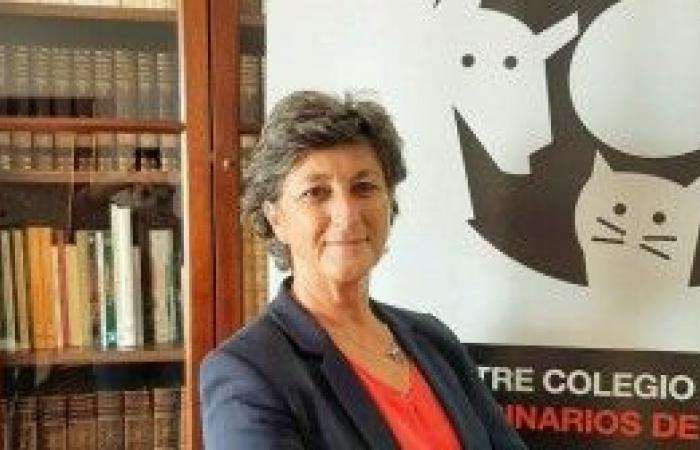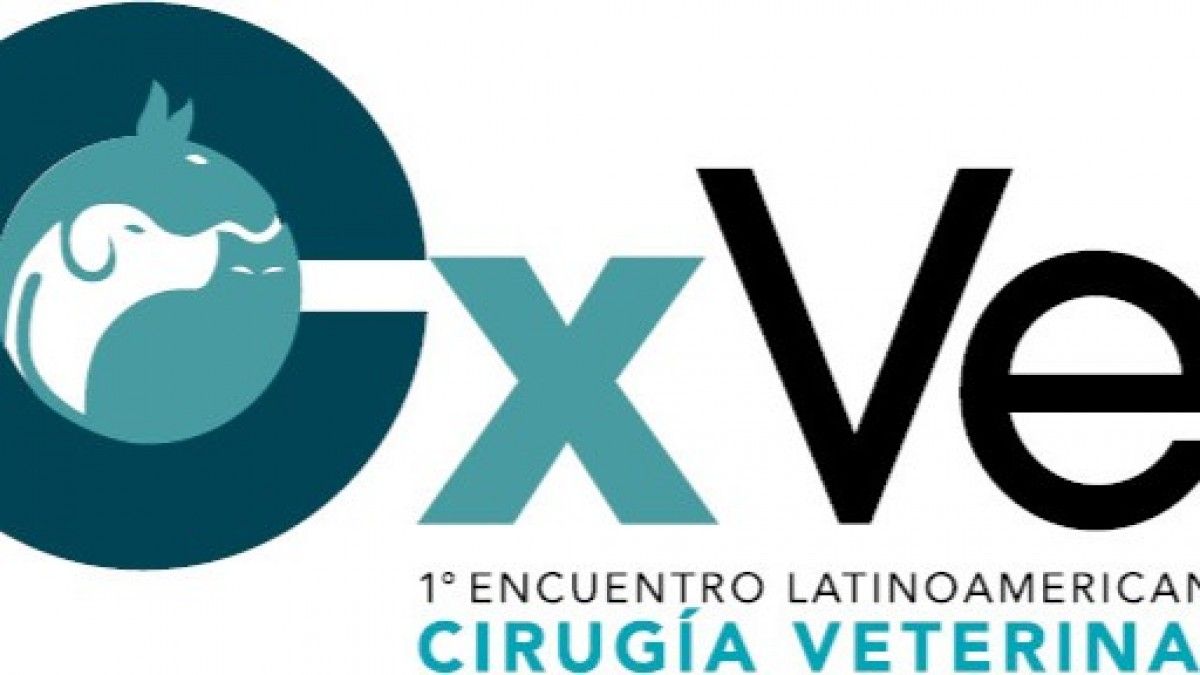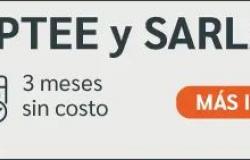The new opinion from the European Food Safety Authority explains that improvements can be made to the process since if they are not stunned effectively, small ruminants can experience intense pain and fear.
Image: EFSA.
If not stunned effectively, small ruminants such as sheep and goats can experience severe pain and fear during slaughter. Improvements to this procedure can be made to reduce pain and fear, according to the latest opinion on animal welfare from EFSA, the European Food Safety Authority.
Outside of slaughterhouses, animals may be slaughtered for purposes other than human consumption if, for example, they are unproductive, injured or terminally ill. They may also be culled on a large scale for disease control or disaster management. In the first phase of the process, the animals are handled and transferred to the slaughter site and, in the second phase, they are restrained and slaughtered.
“Our experts noted that both steps can lead to welfare problems and stressed the need to adequately stun animals so that they do not regain consciousness before killing them. They also made a number of recommendations on the correct use of slaughter methods to minimize pain and fear,” they explain from EFSA.
The new EFSA opinion, available here, follows previous recommendations from veterinarians and animal health professionals on the slaughter of small ruminants for human consumption published in 2021. New advice on equine welfare is expected to be available in the time of sacrifice for the end of 2024.
EFSA’s work will inform the ongoing review of the EU Regulation on the protection of animals at the time of slaughter.
Tag
 Related Posts
Related Posts
 More news
More news
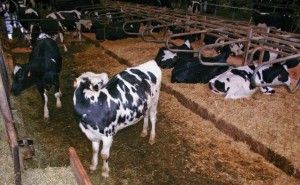
This article published in the June issue of Albéitar discusses the indicators that a farm veterinarian should know related to accommodation.
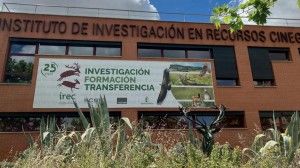
Last year, IREC published 159 scientific articles in indexed journals, 11 dissemination works were carried out and 3 books or book chapters were published.

Ceva Animal Health organized two training days in Santiago de Compostela and Lleida that brought together 130 professionals to analyze the current situation of the disease and preserve the health of animals and people.

Cristina Velasco, president of the College of Veterinarians of Cádiz, explains the importance that veterinary medicine has on such a vital sector as livestock, its health, safe food and environmental conservation.

The organizing committee of this international reference fair defines the key strategies and lines of work necessary to face the challenges of the livestock sector.

